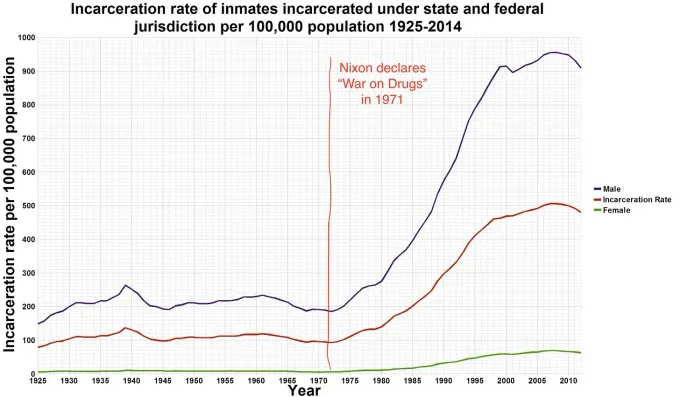'Ew, no, be proud somewhere else': Michigan city votes to ban Pride flags
Sky Palma
June 14, 2023

Gay Pride Flag (Shutterstock)
The city of Hamtramck in Michigan has banned Pride flags on public property after a contentious municipal meeting, Fox 2 reported.
Councilmember Nayeem Choudhury said the decision was made in order to "respect the religious rights of our citizens."
As Fox News points out, almost the entirety of the Hamtramck City Council is Muslim, and about 40 percent of the city's residents were born in foreign countries.
The meeting took a turn when a woman wearing a clown nose took the podium to make a sarcastic speech.

"Sure, many Hamtramck residents have fled countries where being gay is a death sentence, but nothing says we have to make it 'comforting' and 'welcoming' here," the woman said.
"While we can't legally discriminate against LGBTQ people in the United States anymore, the City of Hamtramck can say, 'Ew, no, be proud somewhere else.'"
After the woman finished speaking, she embraced another woman who was with her, and they kissed each other.
"You guys are welcome," said Choudhury. "Why do you have to have the flag shown on government property to be represented?"
"You’re already represented. We already know who you are," he added.
"It is clear that you are either ignorant, hateful and or spiteful," said a transgender speaker.
"I think the elephants in the room, the thing that we are not talking about, is that homosexuality is a sin," said one man.
"I am a Lebanese person, and I support the American flag," said Hassan Aoun, a Dearborn activist. "We are not going to sit here and tolerate you guys coming and saying, 'Oh it’s Pride Month. You're gay? No problem.' Don’t sit here and throw it down kids' throats, my throat, or anybody’s throat."
While the city voted to ban Pride flags from public property, private residences or businesses can fly the flag if they please.
"We are confirming the neutrality of the City of Hamtramck, we decided to stay neutral," Mayor Amer Ghalib told FOX 2. "Flags that pertain to any religious, racial, ethnic or sexual-oriented group (would not be allowed). Exceptions are the American flag, state and city flags, POW MIA."















 Members from the San Diego City Council on Tuesday, June 13, 2023, in San Diego. - Nelvin C. Cepeda/The San Diego Union-Tribune/TNS
Members from the San Diego City Council on Tuesday, June 13, 2023, in San Diego. - Nelvin C. Cepeda/The San Diego Union-Tribune/TNS






